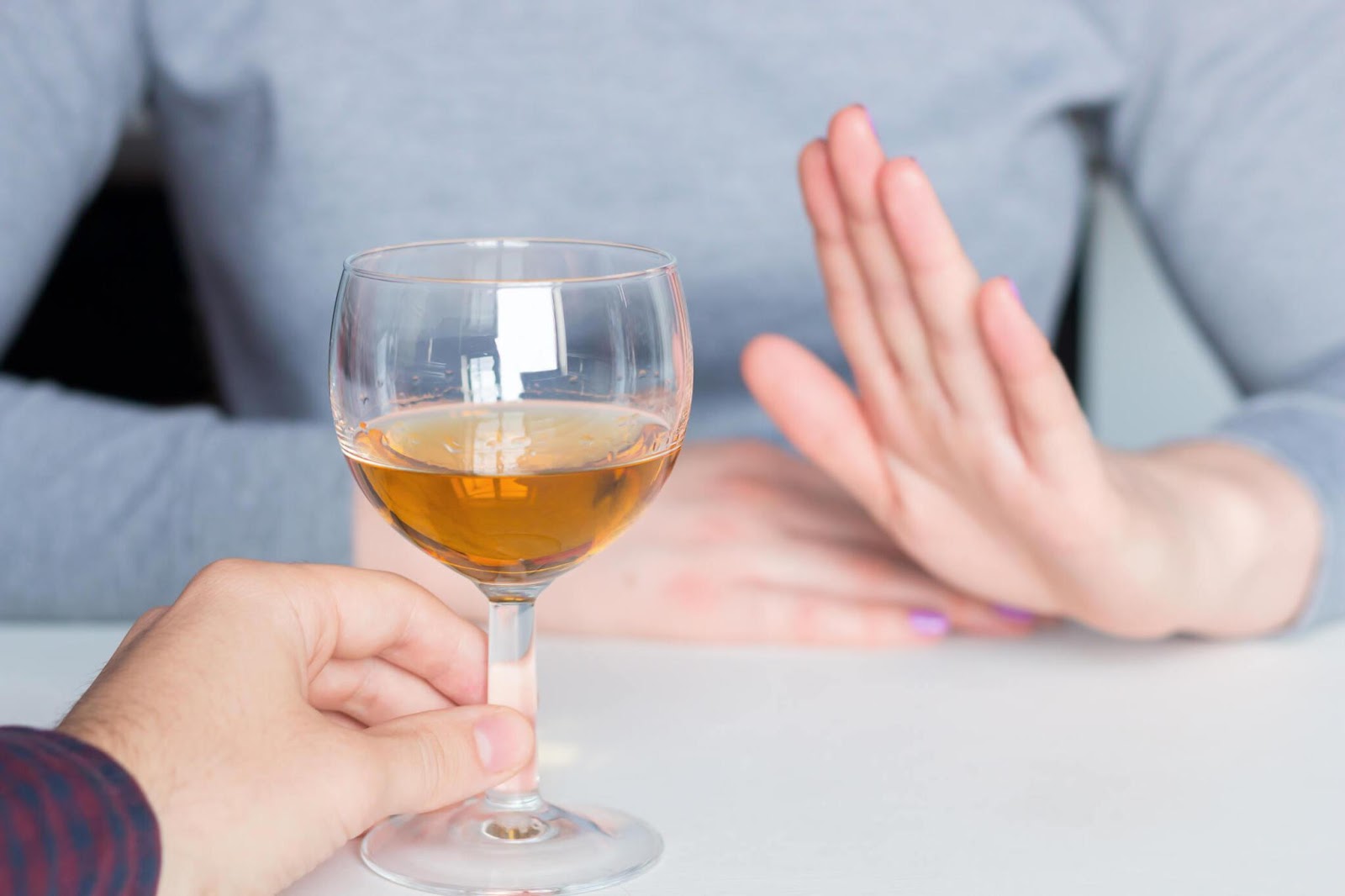The Risks of Sudden Alcohol Withdrawal : What Happens To Your Body – A Comprehensive Guide
In the shadow of campaigns like “Dry January” and “Go Sober for October,” there lies an untold risk that few are aware of— the peril of quitting alcohol abruptly, especially for those entangled in the grips of alcohol dependence.
While the spirit of these campaigns is to encourage healthier lifestyles and raise awareness, they skim over the complexities of alcohol addiction and the potential dangers of sudden withdrawal. This comprehensive guide seeks to unveil these risks, offering a pathway to recovery rooted in understanding, caution, and professional care.
Understanding Alcohol Dependence: More Than a Habit
Alcohol dependence, or alcoholism, is a condition far removed from the occasional overindulgence. It’s a chronic disorder characterised by the inability to control or cease alcohol use despite its negative impact on one’s health, relationships, and responsibilities.
This dependence isn’t solely a matter of willpower; it’s deeply rooted in the brain’s altered chemistry due to prolonged alcohol exposure.
- Neurochemical Imbalance: Alcohol’s effect on the brain’s neurotransmitters is both immediate and profound. Dopamine, the “feel-good” neurotransmitter, spikes in response to alcohol, creating a sense of euphoria.
However, with regular consumption, the brain adjusts to these heightened levels, diminishing its natural ability to produce and respond to dopamine without the presence of alcohol. This leads to a reduced capacity for pleasure from other sources and a heightened reliance on alcohol for any sense of well-being. - The Cycle of Addiction: The more an individual drinks, the more their body adapts to the presence of alcohol, leading to tolerance and a need to consume more to achieve the same effects. This cycle can quickly spiral into addiction, making it exceedingly difficult to quit without experiencing withdrawal symptoms.
- Coping Mechanism: Many individuals turn to alcohol as a coping mechanism for stress, anxiety, or depression. While it may provide temporary relief, this self-medication can spiral into dependence, as the underlying issues remain unaddressed and the reliance on alcohol intensifies.
- Cognitive Dissonance and Denial: The awareness of the harmful effects of alcohol can create cognitive dissonance in individuals, leading to denial. This denial is a psychological defence mechanism that protects the individual from the anxiety of confronting their dependence, making it difficult to acknowledge the need for help.
The Perils of Sudden Withdrawal
Withdrawal from alcohol is not merely an inconvenience to be endured on the path to sobriety; it is a potentially dangerous physiological response that demands careful, professional management.
The severity of withdrawal symptoms can range widely, influenced by factors such as the duration and intensity of alcohol use, genetic predispositions, and overall health.
Symptoms of Alcohol Withdrawal
Withdrawal symptoms manifest as the body’s reaction to the absence of alcohol, a substance it has come to rely on to function “normally.” These symptoms are the physical and psychological expressions of the brain’s struggle to regain equilibrium without alcohol’s interference.
- Early Stage Symptoms: Symptoms can start as early as six hours after the last drink. Initial signs include anxiety, shaking, sweating, nausea, insomnia, and headaches. These symptoms, while distressing, signal the beginning of the body’s adjustment process.
- Progression of Symptoms: Over the following days, symptoms can escalate, peaking in severity around 24 to 72 hours post-abstinence. Increased blood pressure, heart rate variability, and irregular body temperatures are common, alongside intensified cravings for alcohol.
Delirium Tremens (DTs): The Extreme Edge of Withdrawal
A small but significant percentage of individuals undergoing withdrawal will experience delirium tremens (DTs), a condition characterised by severe confusion, agitation, fever, and hallucinations. DTs represent the extreme end of the withdrawal spectrum and can emerge within the first 48 to 72 hours after stopping alcohol consumption.
- Symptoms of DTs: Those experiencing DTs may suffer from vivid hallucinations and delusions, severe tremors, and potentially life-threatening seizures. The risk of developing DTs increases with the severity and length of alcohol dependence.
- Medical Urgency: DTs require immediate medical attention. Without prompt and appropriate treatment, the mortality rate of DTs can be significantly high, underscoring the critical nature of this withdrawal complication.
Navigating the Path to Sobriety Safely
The safest route to sobriety for those with alcohol dependence involves gradual reduction under medical supervision. Health professionals can provide medications such as lorazepam or diazepam to ease withdrawal symptoms, alongside psychological support to address the underlying causes of addiction.
Detox should never be a journey taken alone. Professional guidance is crucial in managing withdrawal symptoms safely and effectively.
- Medical Supervision: A healthcare provider can assess the severity of the addiction and recommend the best course of action, which may include medication to ease withdrawal symptoms, therapy to address the psychological aspects of addiction, and support groups.
- Gradual Reduction: Also known as tapering, gradually decreasing alcohol intake under medical supervision can help prevent the most severe withdrawal symptoms, making the detox process safer and more bearable.
- Medication-Assisted Treatment: Medications such as benzodiazepines can be prescribed to manage withdrawal symptoms, reducing the risk of severe complications like seizures.
Seeking Help: Your First Step Towards Recovery
Acknowledging the need for help is a monumental step in overcoming alcohol dependence. It’s crucial to consult with healthcare professionals who can provide tailored advice and treatment options.
- Outpatient vs. Inpatient Detox: The choice between outpatient and inpatient detox depends on the individual’s situation. Outpatient treatment may suffice for those with a less severe dependency, while inpatient treatment is recommended for individuals at risk of severe withdrawal symptoms or those who require a more structured environment to prevent relapse.
- Long-term Support: Recovery doesn’t end with detox. Ongoing therapy, support groups like Alcoholics Anonymous (AA), and possibly medications to reduce cravings, play vital roles in maintaining sobriety.
Conclusion
While initiatives like “Go Sober for October” play a vital role in changing societal attitudes towards drinking, they may inadvertently pose risks to individuals with undiagnosed alcohol dependence.
Recognizing the signs of alcohol addiction and seeking professional help is crucial for a safe and effective journey to sobriety.
If you suspect you or someone you know is struggling with alcohol dependence, it’s essential to consult with a healthcare provider for guidance and support.





